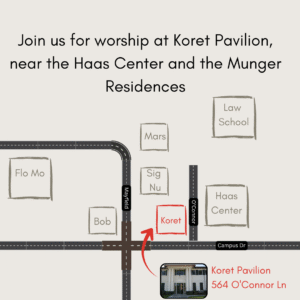I just finished a fascinating collection of essays compiled by Os Guiness called The Great Experiment: Faith and Freedom in America. The “Great Experiment” of the title is America itself: a nation without precedent in its treatment of faith.
It made me think deeply. It avoids either of the extreme positions often taken by contemporary authors (that the founding fathers barely tolerated religion or that they were all Bible-thumping fundamentalists) in favor of a more intelligent view.
The thesis throughout the book is that faith and freedom in America are codependent: individual faith requires freedom, freedom requires public morality, public morality requires widespread individual faith.
The founding fathers (the majority of whom were thoughtful Christians) seemed to think that separating the church from the state was a profoundly biblical idea: I have to say that the message I’ve always taken from 1 Timothy 2.1-2 is that we need to pray for our rulers to leave us alone (faith-wise). In other words, it seems that separation of church and state was God’s idea.
Interestingly, I was finishing this book I came across an article in Books & Culture about recent scholarship on this very theme (scholarship which I referenced in an earlier posting)! The article is titled Why Separation of Church and State Is Still A Good Idea: Even If It May Not Be What the Founders Had In Mind. I found the article middling-to-fair, but that’s probably because I’d just come from reading Guiness.
If you’re curious about the role of religion in America’s public life, I encourage you to pick up this book and read through it. You might also want to check out the earlier posting on an interview with Charles Taylor about What It Means To Be Secular.



